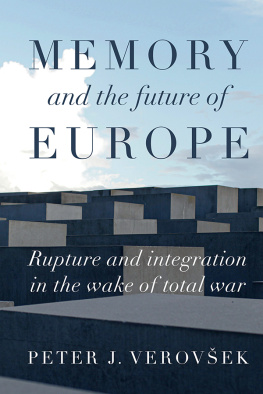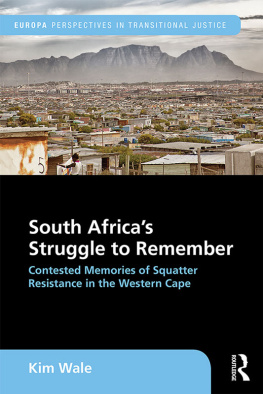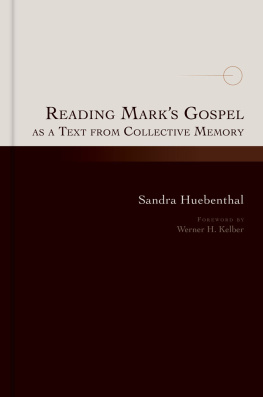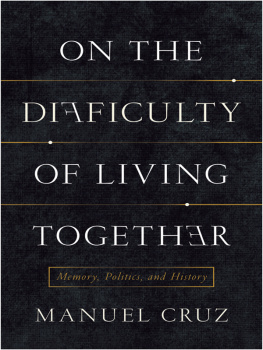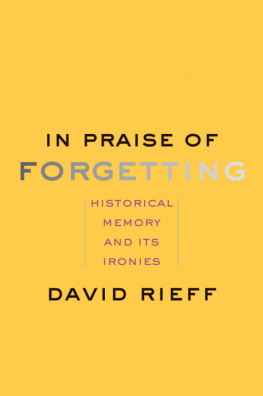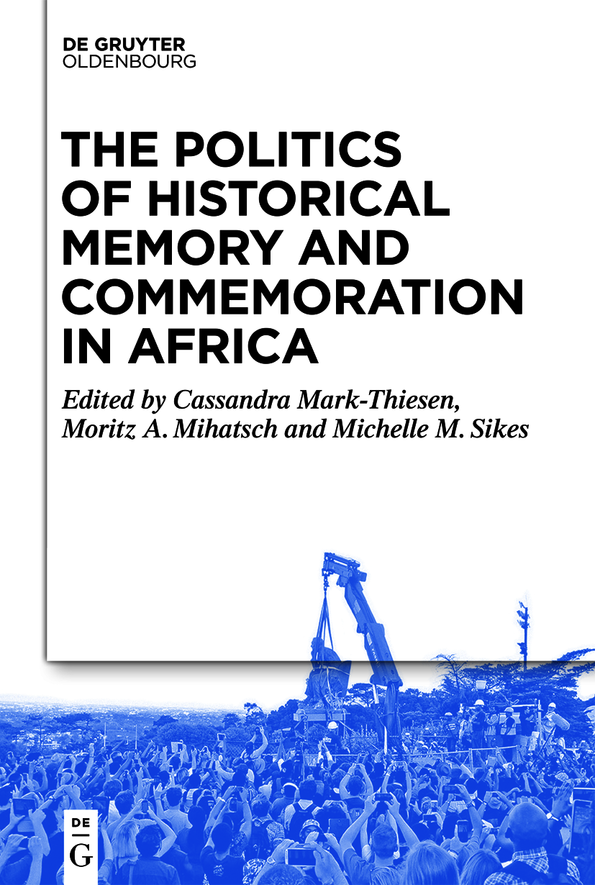ISBN 9783110655056
e-ISBN (PDF) 9783110655315
e-ISBN (EPUB) 9783110655490
Bibliographic information published by the Deutsche Nationalbibliothek
The Deutsche Nationalbibliothek lists this publication in the Deutsche Nationalbibliografie; detailed bibliographic data are available on the Internet at http://dnb.dnb.de.
2022 Cassandra Mark-Thiesen, Moritz Mihatsch, Michelle Sikes, published by Walter de Gruyter GmbH, Berlin/Boston // The book is published with open access at www.degruyter.com.
This work is licensed under the Creative Commons Attribution-NonCommercial-NoDerivatives 4.0 International License.
Funded by Schweizerischer Nationalfonds (SNF)
Public Memorialisation and the Politics of Historical Memory in Africa
Michelle M. Sikes
Cassandra Mark-Thiesen
Moritz A. Mihatsch
In 2020, a global wave of anti-racism movements contributed to widespread reconsideration of previously honoured people. From Bristols slave trader Edward Colston, to confederate generals across the American South, to King Leopold II of Belgium, statues now seen as symbols of white supremacy have fallen.
Protests of colonial-era markers and what they represented reverberated across South Africa and beyond. The push to remove the statue of Rhodes in 2015 spread from UCT to universities across the country and to Rhodes alma mater Oriel College in Oxford, where students marched to remove a memorial of Rhodes overlooking Oxfords High Street.
Discontent with monuments honouring Colston, Rhodes, Robert E. Lee and others was hardly new. However, in the words of historian Robert Gildea, many communities had not yet gained a voice to demand the symbolic righting of wrongs. Public activism contributed to a transformative agenda and altered the cultural landscape, while public appetite for reconsidering the past expanded, animated by these trends as well as demand for racial redress.
As Albert Wirz and Jan-Georg Deutsch observe, History always involves a reflection on the present. Those who write history or study history can therefore never circumvent the question of when, how, why, by whom and for whom a certain kind of historical knowledge was produced and written down.
The chapters of this volume, dedicated to Deutsch, relate the past to the present through a critical examination of the politics of historical memory and its commemoration in particular African contexts. This introductory chapter examines issues that mediate between the past and the present and show how both have been framed in different contexts in Africa and beyond the continent. Subsequent chapters offer a selection of cases from colonial Nigeria, Algeria, Kenya, a transitioning South Africa, postcolonial Somalia, and Liberia, all examining events in each country and how they were remembered and memorialised. The final chapter considers how collective memory of shared experiences shapes historical writing. Symbols of the past in Africa including memorials and monuments as well as parades, postage stamps, obituaries, and even alcoholic beverages are tied to understanding political realities of the continent. These understandings of the past played out not only in the decisions of national leaders of African states but also in everyday discussions and actions.
Of Memory, Commemoration, and Monuments
Though past events are immutable, their significance and interpretation by subsequent generations are not. Re-evaluation can devalue revered figures and commemorative monuments can become focal points. Historical representations be they books, commercial exhibits or public commemorations cannot be conceived only as vehicles for the transmission of knowledge, declared Michel-Rolph He further asserts that historical narratives must respond to present injustices in order to establish an authentic relation to that knowledge.
Collective memory joins the past with the present. In Commemorating and Forgetting: Challenges for the New South Africa, Martin Murray defines collective memory as a shared understanding that belongs to social groups and collectivities of all kinds and that in general this understanding rests not on a firm foundation of shared values but rather on contested perspectives.
Trouillot describes memory-history as a particular storage vessel of the past developed by a collective. He critiques this vessel to emphasise that the consequences of a historical event may not correlate to the space allotted to it in popular as well as official recollections of the past. As evidence of this disparity, he notes that the Haitian Revolution played a key role in the ultimate eradication of a global slavery system, yet it endured longstanding omission from history textbooks in France and elsewhere. Confronting the dissonance between events and scholarly analysis of them, Trouillot underscores the silences that pervade the historical record. His concern is with power and selection in the landscape of knowledge production because the ways in which what happened and that which is said to have happened are and are not the same may itself be historical.
Momentous events punctuated by the The Year of Africa in 1960 when 17 countries declared independence generated continent-wide opportunities for investigating the political uses of memory. Many African leaders removed, reworked or substituted colonial-era memorials with fresh symbols. This dual commemoration of Nkrumah, while satisfying neither side, nonetheless communicates a more nuanced commemoration of him, both as father of the nation and as an authoritarian leader who suppressed opposition.
In North Africa, the potency of monuments as well as their removal has a long tradition. Historian Emily Teeter observes that for ancient Egyptians, figurative representation served more than a decorative function and that portraying an individual ensured that persons existence as long as the image itself was preserved []. Conversely, if the image of an individual was effaced, the existence of that person was effectively erased. Converts effaced sculptures in temples and at graves, often removing the eyes from stone figures in a symbolic act intended to deny their power to instruct.
Studies of public memorialisation and memory in post-apartheid South Africa are numerous.
The statuary of Cecil Rhodes served as one such focus of controversy. As RMF gained momentum, some approved of public displays of the British imperialist. Others condemned his continued memorialisation. Political scientist Anthony Lemon contends that Cecil Rhodes must be assessed in terms of the values of his day and Robert Gildea summarises this view, stating, Rhodes was a man of his time and that was that.
Cultural productions of historical memory and the campaigns they incite become elemental components of contemporary politics. In European nations, where descendants of previously colonised peoples have become citizens, long-standing monuments honouring imperialists have sparked wider discussion about which people and events are worthy of collective celebration. In Ernest Renans 1882 classic What is a Nation? he observed that a nation is partially constructed around a collective narrative of the past and that the creation of a nation depends on forgetting and historical error. They continue to shape politics and public commentary.
Some suggest that tangible cultural markers inherited from a previous order should be preserved and that nations should retain commemorations of previous leaders, however reprehensible, as valuable reminders of slavery, colonialism, and racism. Scholars of memory Cynthia Mills and Pamela Simpson observe that public memorials can serve as spaces in which layers of history can accumulate, noting that the old message is not erased, but new language is written over it or beside it.



